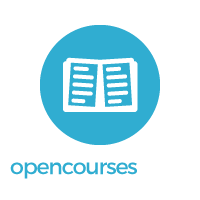Lesson 3.1. The main counseling approaches
It aims to inform about the main counseling approaches, styles, and specialties. This lesson will present the most prevalent clinical counseling approaches/theories and consider specific challenges, disorders (e.g., trauma, depression, and anxiety), and client populations (e.g., couples and students). By highlighting these important areas, we hope that participants will get informed and prepared to find the right type of counseling approach to contribute to a GC session. At the end of this module, the users will acquire a set of basic notions of the counseling approaches and the main ideas of a family systemic approach, Carl Roger’s theory/humanitarian approach, narrative therapy, cognitive-behavioural therapy, mindfulness-based counseling, reality therapy and psychodynamic approach.
Lesson 3.2. Cultivating counseling and communication skills
aims to give basic information about the main communication and counseling skills that are some of the critical skills that a counselor has to cultivate to influence change in a client effectively. It will include interactive materials and methods. At the end of this module, the users will acquire a set of basic notions on
- Why is communication important in genetic counseling and what are the main skills that a counselor needs to bring in a session with a client
- The main communication skills that every counselor should cultivate
- Exercises for practicing and developing effective communication skills and relationships with clients
